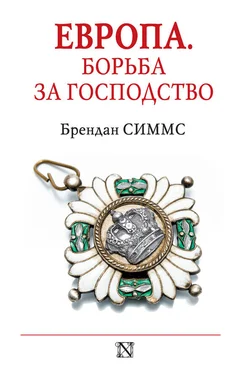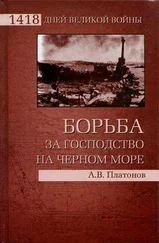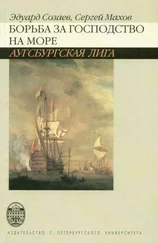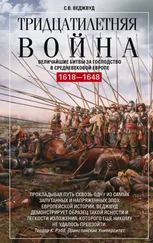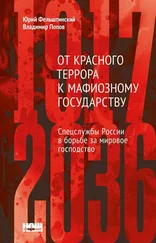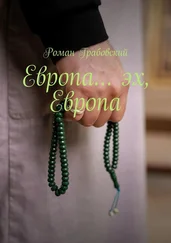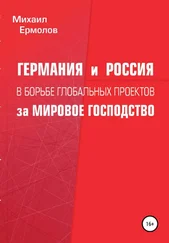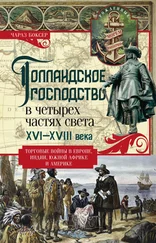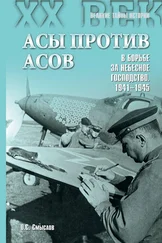Daniel Deudney and G. John Ikenberry, ‘The international sources of Soviet change’, International Security, 16, 3 (1991–2), pp. 105–6.
Jonathan Haslam, ‘1989: History is rewritten’, in S. Pons and F. Romero (eds.), Reinterpreting the end of the Cold War. Issues, interpretations, periodizations (London and New York, 2005), pp. 165–78 (quotations p. 167).
‘Memorandum from Anatoly Chernyaev to Aleksandr Yakovlev on Germany and eastern Europe’, 10.3.1986, in Svetlana Savranskaya, Thomas Blanton and Vladislav Zubok (eds.), Masterpieces of history. The peaceful end of the Cold War in Europe, 1989 (Budapest and New York, 2010), pp. 222–3.
‘Record of conversation between Aleksandr Yakovlev and Zbigniew Brzezinski’, 31.10.1989, in Savranskaya, Blanton and Zubok (eds.), Masterpieces of history, pp. 566–7.
Thomas Risse-Kappen, ‘Ideas do not oat freely: transnational coalitions, domestic structures, and the end of the Cold War’, International Organization, 48, 2 (1994), pp. 185–214 (pp. 206–7).
Mark Bassin, ‘Geopolitics of the Historikerstreit: the strange return of the Mittellage’, in Jost Hermand and James Steakley (eds.), Heimat, nation, fatherland. The German sense of belonging (New York etc., 1996), pp. 187–228, especially pp. 191–4.
Erhard Busek and Emil Brix, Projekt Mitteleuropa (Vienna, 1986). For a discussion of the political significance see Robin Okey, ‘Central Europe/eastern Europe: behind the definitions’, Past and Present, 137 (1992), pp. 127–9.
Yitzhak M. Brudny, Reinventing Russia. Russian nationalism and the Soviet state, 1953–1991 (Cambridge, Mass., 1998).
Zubok, ‘Why did the Cold War end in 1989?’, p. 349.
Richard Sakwa, Gorbachev and his reforms, 1985–90 (New York and London, 1990), p. 9.
‘The new democratic revolution’, in ibid., pp. 192–3.
Eduard Schewardnadse, Als der eiserne Vorhang zerriss. Begegnungen und Erinnerungen (Duisburg, 2007), pp. 76–8.
Stephen Wall, A stranger in Europe. Britain and the EU from Thatcher to Blair (Oxford, 2008).
Baroness Young (Minister of State) at the Foreign and Commonwealth Office, Third Mackinder Lecture, printed in Transactions of the Institute of British Geographers, 12, 4 (1987), pp. 391–7, especially p. 393.
Andrew Roberts, ‘Why Thatcher feared Germany’, Sunday Telegraph, 13.9.2009, p. 22.
Собственное «имя» западных тактических баллистических ракет класса «земля—земля» . Примеч. ред.
Artemy M. Kalinovsky and Sergey Radchenko (eds.), The end of the Cold War and the Third World. New perspectives on regional conflict (London and New York, 2011).
Jason Burke, Al-Qaeda. Casting a shadow of terror (London, 2004).
Abdullah Azzam, ‘The solid base’, April 1988, extracts in Gilles Kepel and Jean-Pierre Milelli (eds.), Al Qaeda in its own words (Cambridge, Mass., 2008), pp. 140–43 (quotation p. 143).
Fawaz A. Gerges, The far enemy. Why jihad went global (Cambridge, 2005).
Sakwa, Gorbachev and his reforms, pp. 134–5.
Charles S. Maier, Dissolution. The crisis of communism and the end of East Germany (Princeton, 1997).
Douglas A. Borer, Superpowers defeated. Vietnam and Afghanistan compared (London and Portland, 1999), p. 220.
William E. Odom, The collapse of the Soviet military (New Haven, 1998).
Jeffrey A. Engel (ed.), The fall of the Berlin Wall. The revolutionary legacy of 1989 (Oxford, 2009), pp. 52–64, 69, 83–6, 140–41 and passim; and Harold James and Marla Stone (eds.), When the Wall came down. Reactions to German unification (London, 1993).
Daniel Johnson, ‘Seven minutes that shook the world’, Standpoint, November 2009, p. 41.
George R. Urban, Diplomacy and disillusion at the court of Margaret Thatcher. An insider’s view (London and New York, 1996), pp. 118–50 (especially p. 136).
Philip Zelikow and Condoleezza Rice, Germany unified and Europe transformed: a study in statecraft (Cambridge, Mass., 1995), and Robert L. Hutchings, American diplomacy and the end of the Cold War: an insider’s account of US policy in Europe, 1989–1992 (Washington, DC, Baltimore and London).
Michael Cox and Steven Hurst, ‘“His nest hour?” George Bush and the diplomacy of German unification’, Diplomacy and Statecraft, 13, 4 (2002), p. 135.
George Bush and Brent Scowcroft, A world transformed (New York, 1998), pp. 182–203, 253, 280–81 (quotation) and passim.
Michael R. Beschloss and Strobe Talbott, At the highest levels. The inside story of the end of the Cold War (Boston, 1993), pp. 185–6.
David Cox, Retreating from the Cold War. Germany, Russia and the withdrawal of the Western Group of forces (London, 1996).
Angela Stent, ‘From Rapallo to reunification: Russia and Germany in the twentieth century’, in Sanford R. Lieberman, David E. Powell, Carol R. Saivetz and Sarah M. Terry (eds.), The Soviet Empire reconsidered. Essays in honour of Adam B. Ulam (Boulder, San Francisco and Oxford, 1994).
Cox and Hurst, ‘“His nest hour?”’, p. 140. 618.
Так у автора; на самом деле Б. Н. Ельцин был депутатом и членом президиума ВС СССР. Примеч. ред.
Stephen F. Frowen and Jens Hölscher (eds.), The German currency union of 1990. A critical assessment (Basingstoke, 1997).
16 сентября 1992 г. фунт стерлингов подешевел по отношению к доллару США сразу почти на 5 процентов . Примеч. ред.
Anthony Glees, ‘The diplomacy of Anglo-German relations: a study of the ERM crisis of September 1992’, German Politics, 3 (1994), pp. 75–90.
Ulrich Schlie, ‘Die ersten fünf Jahre der Wiedervereinigung: von außen betrachteteine Bücherauslese’, Die neue Ordnung, 49, 6 (1995), pp. 474–80; Manfred Görtemaker, Geschichte der Bundesrepublik Deutschland. Von der Gründung bis zur Gegenwart (Frankfurt am Main, 2004); Christian Hacke, Die Aussenpolitik der Bundesrepublik Deutschland. Von Konrad Adenauer bis Gerhard Schröder, 2nd edn (Berlin, 2004); and Eck – art Conze, Die Suche nach Sicherheit. Eine Geschichte der Bundesrepublik Deutschland von 1949 bis in die Gegenwart (Munich, 2009).
Arthur Hertzberg, ‘Is anti-semitism dying out?’, New York Review of Books, 24.6.1993, pp. 51–7, especially p. 56.
Читать дальше
Конец ознакомительного отрывка
Купить книгу
